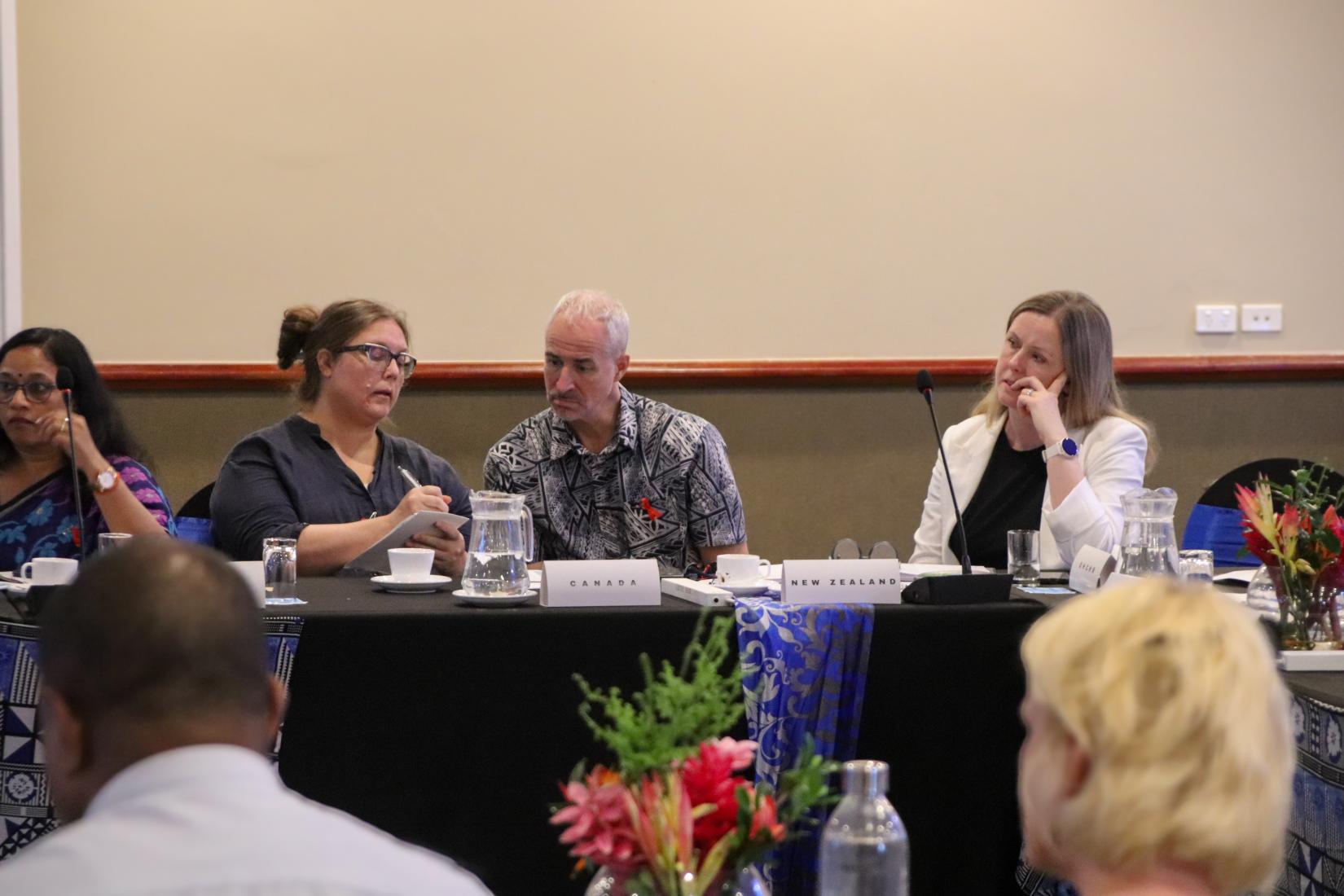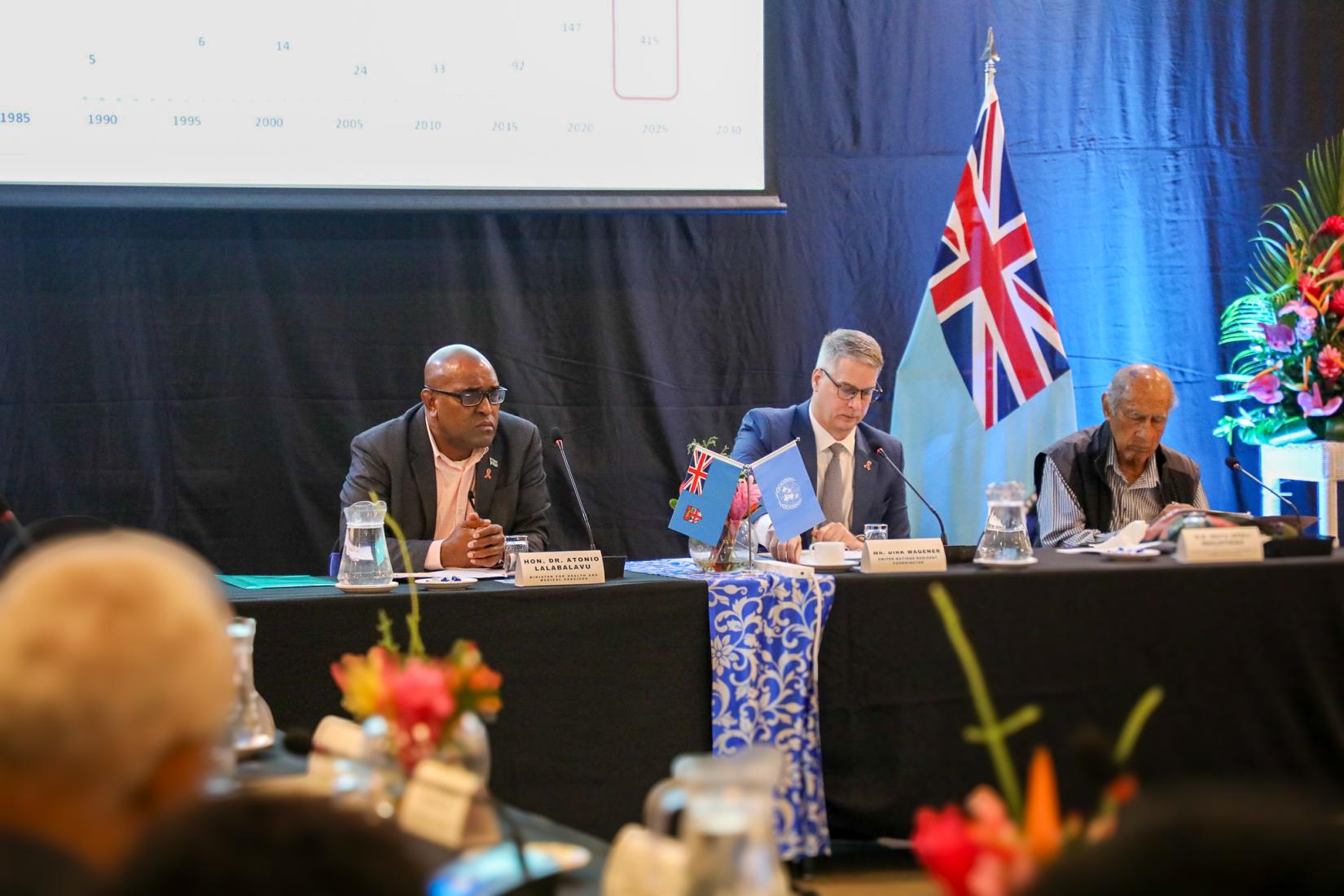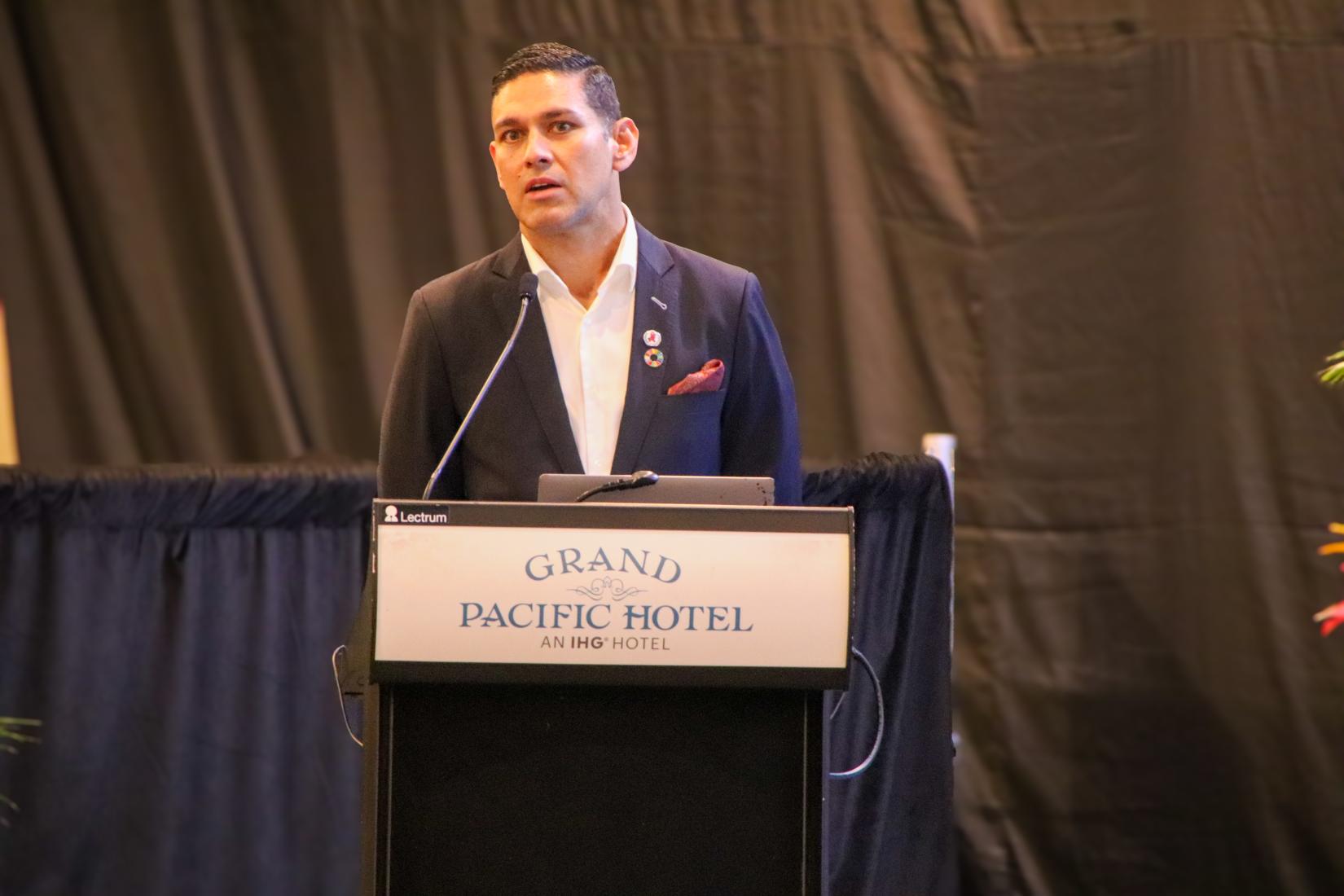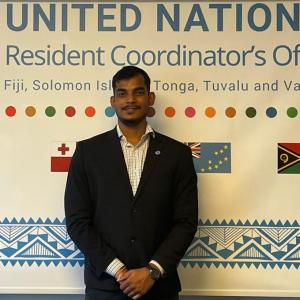United Nations Welcomes New Zealand’s NZD 4 million Commitment to Fiji’s HIV Outbreak Response
25 July 2025
Suva, Fiji – The United Nations in Fiji welcomes and commends the Government of New Zealand for its significant contribution of NZD 4 million to support the Government of Fiji’s urgent response to the HIV outbreak.
This catalytic funding reaffirms New Zealand’s leadership and long-standing commitment to public health, equity, and regional solidarity in the Pacific.
The UN Resident Coordinator for Fiji, Tonga, Tuvalu, Solomon Islands, and Vanuatu, Mr Dirk Wagener, noted the timeliness considering the rapidly growing cases in the country.
“The Pacific is facing a turning point in its HIV response. I sincerely thank the Government of New Zealand for its decisive and compassionate leadership. This funding is more than a contribution—it is a signal of shared responsibility and a boost to regional health security.”
“The United Nations remains firmly committed to supporting the Government of Fiji in averting further transmission and in saving lives. Our collective response must be fast, focused, and grounded in human rights, equity, and dignity.”
New Zealand’s NZD 4 million contribution will strengthen efforts already underway, including: expansion of community-based HIV testing and treatment services; roll-out of harm reduction programmes, including the introduction of needle and syringe programmes for people who inject drugs; implementation of Pre-Exposure Prophylaxis (PrEP) for populations at substantial risk of HIV infection; and strengthening peer-led and community-based support models to improve treatment literacy and adherence while reducing stigma.

This announcement builds on the momentum generated at the Development Partners’ Roundtable on Fiji’s HIV Outbreak Response, convened in June 2025 by the Ministry of Health and Medical Services and the United Nations.
The Roundtable brought together government and key bilateral and multilateral partners—including New Zealand, Australia, the United States, the European Union, Germany, France, Spain , Canada China, Japan, Republic of Korea, India, Indonesia as well as UN agencies—to align strategic support and coordinate resources in response to what is now the world’s fastest-growing HIV epidemic.

As detailed in the 2025 UNAIDS Global AIDS Update, since 2010, Fiji has recorded a 3091% increase in estimated new HIV infections. In 2014, fewer than 500 people were living with HIV. By 2024, this number had surged to an estimated 5,900 (range: 4,500– 8,900). Shockingly, only 36% of people living with HIV in Fiji were aware of their status last year, and just 24% were receiving treatment.
In response to these alarming figures, the Government of Fiji declared a national HIV outbreak in January 2025.
The United Nations continues to support the response through the Joint UN Team on HIV, which is led by UNAIDS and includes the active engagement of UNICEF, UNFPA, WHO, UNDP, UN Women, ILO, and UNODC. These UN agencies are also playing a lead role in the National HIV Outbreak and Cluster Response Taskforce, as well as in technical working groups on prevention, treatment, diagnostics, data, and community engagement—ensuring evidence-based and community-driven responses are delivered in partnership with the Ministry of Health and Medical Services.

The United Nations calls on all partners to sustain momentum and ensure the HIV outbreak response is fully resourced and community-led. This includes continued investment in Prevention scale-up, integrated service delivery, and the long-term sustainability of the national HIV programme.



